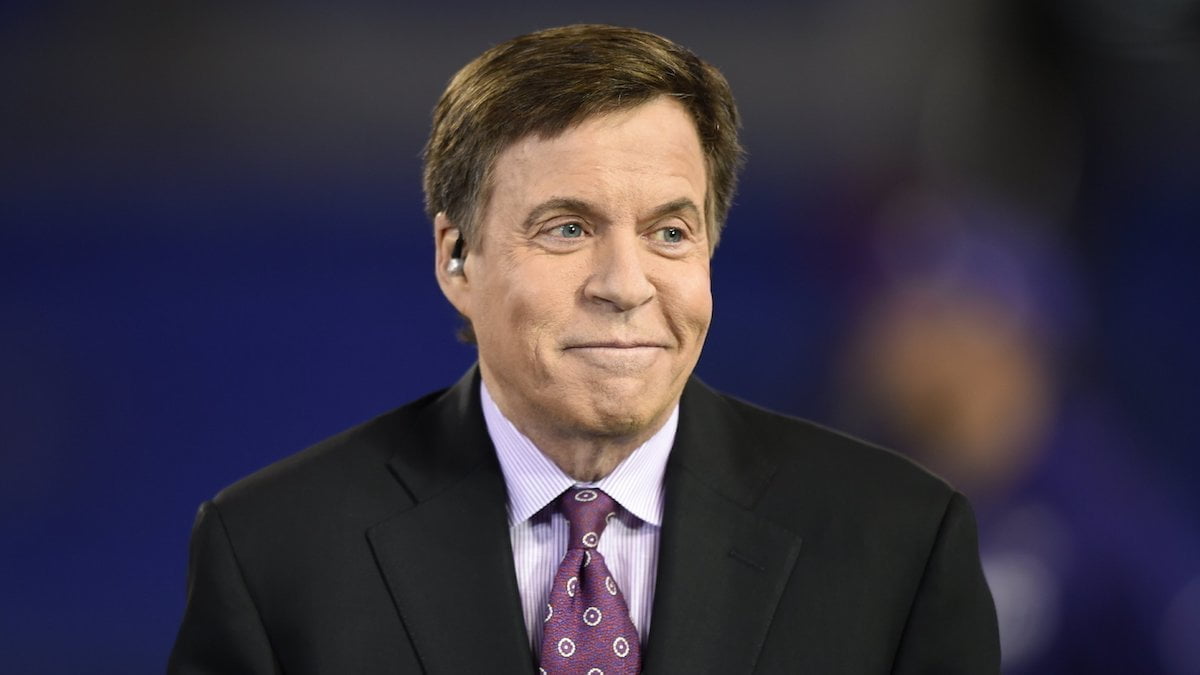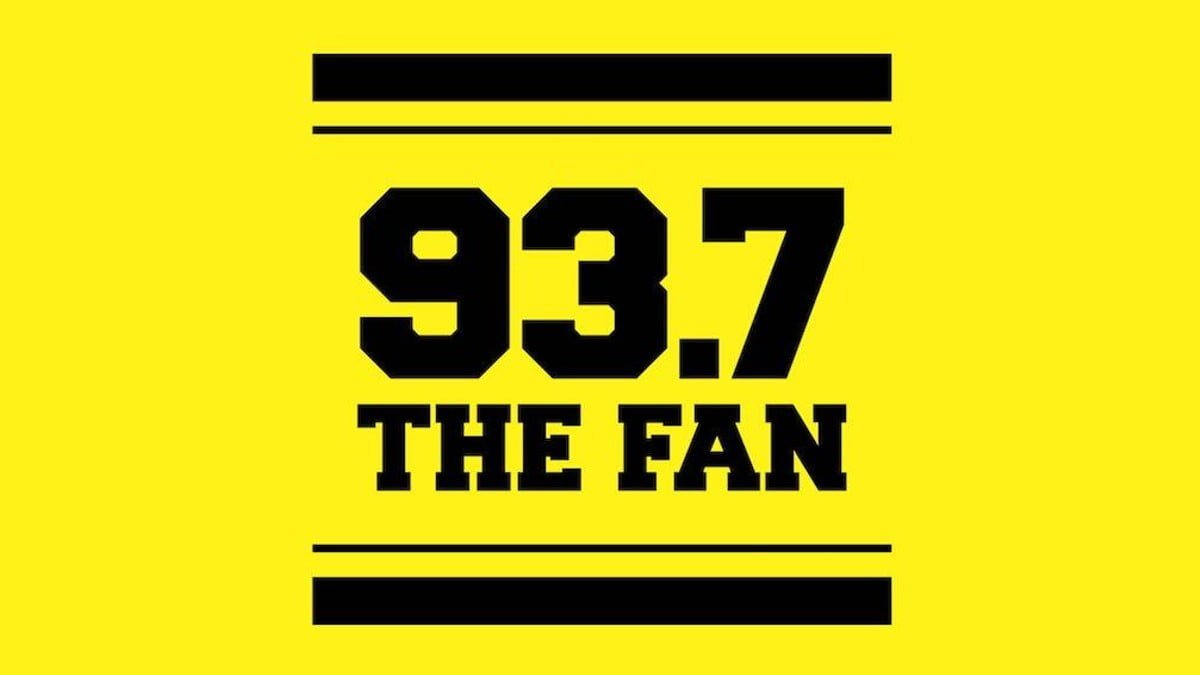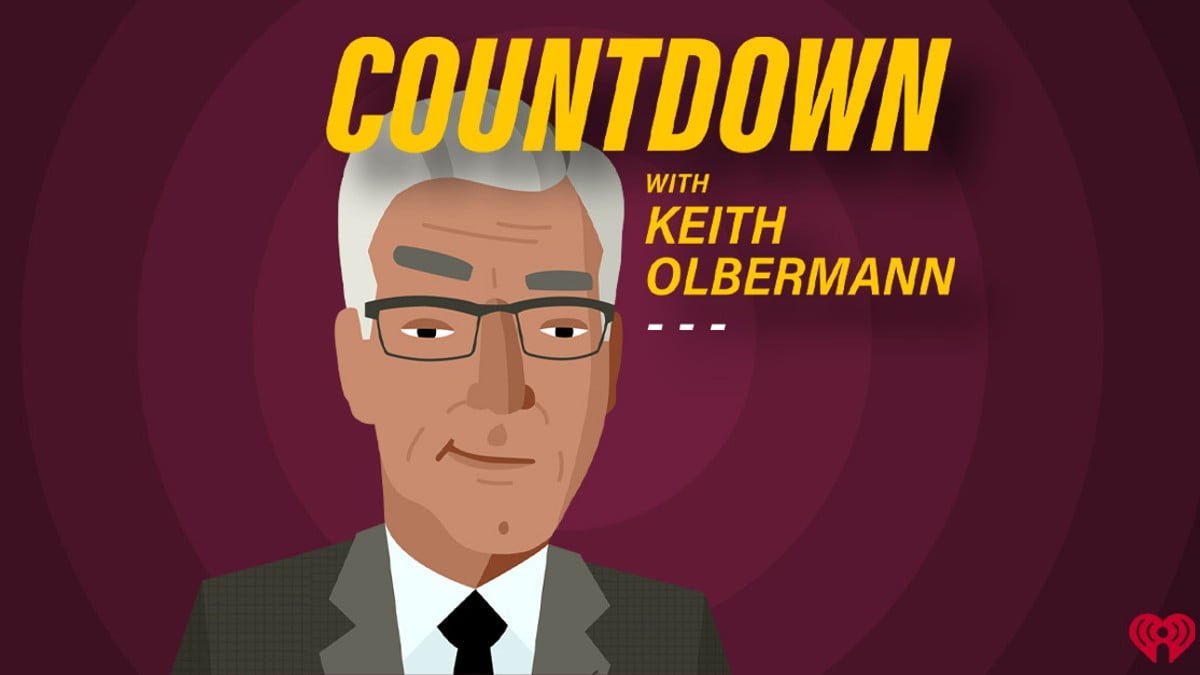Concussions and their lingering effects have been part of the conversation around football for years. Fans know more about the risk of head trauma in the sport than ever before. Richard Deitsch of The Athletic recently asked Bob Costas how fans should expect broadcast booths to cover those issues when they become relevant in a game.
Costas noted that there is so much NFL-related programming on TV now that is it hard to keep up with everything that is or isn’t said about the issue. He even admits that he did not see the Thursday Night Football game between the Miami Dolphins and Cincinnati Bengals where quarterback Tua Tagvailoa is widely believed to have suffered a second concussion within five days. Still, he offered some general thoughts.
“All announcers who cover football, be it college or pro, ought to be aware at least in broad terms of the nature of concussions, how they present themselves, what the early signs are that a layperson can observe in real-time, even before a neurologist gets to examine somebody. Then they need to be aware of what the specifics are from the NFL as the case may be. They don’t have to editorialize about it, but they need to be able to recognize it and, to some extent, contextualize it if it becomes appropriate.”
The policies that the NFL has in place around concussions are far from perfect. Still, Bob Costas notes that the league’s standards for what is acceptable have changed. Fans know it and broadcasters have to take that fact into account.
“It wasn’t very long ago that players would argue with their coaches or the trainer or the medical staff out of taking them out of the game. That just can’t happen anymore,” he said. “So that general awareness is not really even taking a position. It’s just being aware of what the presently understood facts of the matter are. Everyone who broadcasts games should at least have a baseline understanding of that. They should familiarize themselves with what Chris Nowinski of the Concussion Legacy Foundation put out there. In fact, they even have a course, which you can take online, that gives you at least a rudimentary grasp of what the issue is.”
He added that he was never his willingness to address issues of CTE on NFL broadcasts was a problem for NBC. He tried to address the issue with some regularity, but was respectful of the limitations his position presented.










